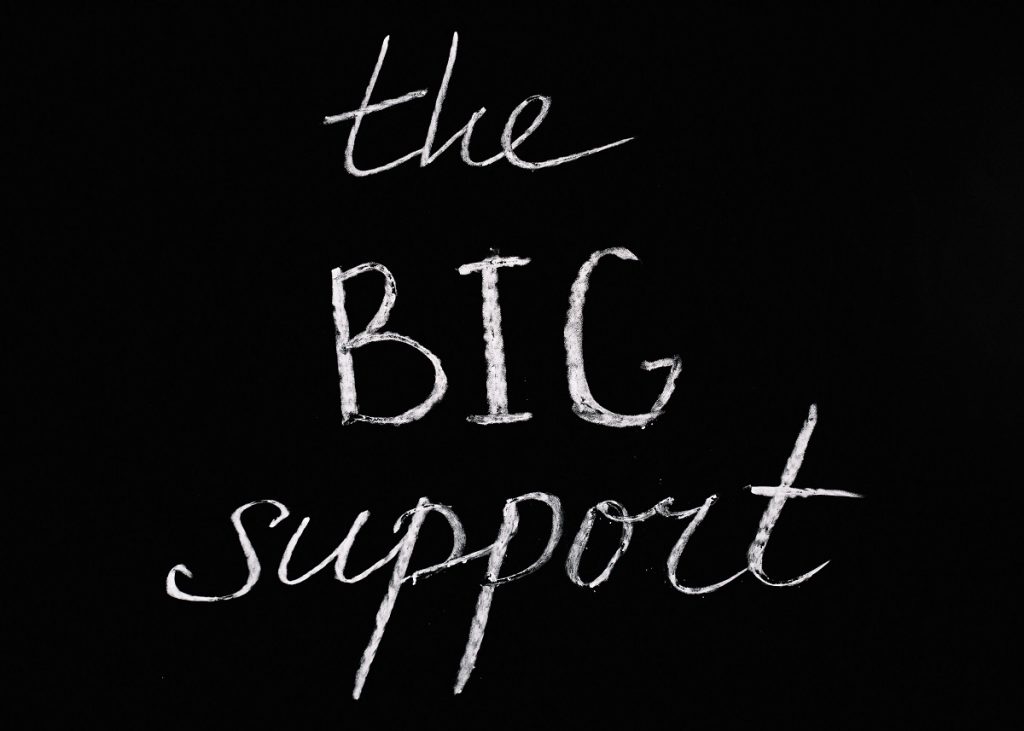In the fight against HIV, prevention efforts among women have taken center stage as the federal government recognizes the importance of addressing this critical issue. One organization, GMHC (formerly known as Gay Men’s Health Crisis), has been at the forefront of supporting HIV-positive women. It was providing them with the necessary resources and community support to live fulfilling lives.

Personal Stories of HIV-Positive Women
Niko Flowers, a young woman who contracted HIV from her fiancé at the age of 19, shares her experience of fear and isolation upon her diagnosis. Like many others, she initially believed HIV was an issue that wouldn’t affect her. However, through organizations like GMHC, she found the support she needed to navigate her journey and connect with others who understood her experiences. Yolanda Santana is also HIV-positive. She discovered the impact of the virus on her life and the power of support groups at GMHC. These personal stories highlight the transformative role that organizations like GMHC play in the lives of HIV-positive women.
HIV Transmission Among Women
The Centers for Disease Control and Prevention (CDC) reports that approximately 40% of new HIV transmissions come from individuals who are unaware of their positive status. Among women, most infections occur through unprotected sexual contact with male partners. Alarmingly, Black women are disproportionately affected, experiencing higher rates of HIV infection. These statistics emphasize the urgent need for prevention efforts targeted specifically at women.
Support and Services Offered by GMHC
GMHC plays a vital role in providing support and a sense of community for HIV-positive women. The organization offers a range of services, including support groups, counseling, and educational programs. Engaging in group activities and building friendships has proven to be transformative for many women, fostering a sense of belonging and mutual support. GMHC also addresses risk behaviors and provides resources for harm reduction, including fentanyl testing strips and Narcan training for clients who use drugs.
The Role of Advocacy and Education
Personal experiences of HIV-positive individuals, such as Flowers and Santana, have become powerful motivators for advocating HIV awareness. By sharing their stories, they help reduce the stigma and discrimination surrounding the virus. Spreading awareness through campaigns and education initiatives becomes essential in reaching out to communities and providing crucial information about prevention, testing, and treatment options.
Living with HIV
ICW reminds that living with HIV is no longer a death sentence, thanks to advancements in treatment. Undetectable viral loads achieved through treatment enable individuals to live healthy lives while preventing transmission to others. Empowering HIV-positive individuals to live fulfilling lives is a crucial aspect of supporting their overall well-being. Events like the AIDS Walk New York, in which GMHC actively participates, raise awareness and funds to support the cause.
Conclusion
The fight against HIV continues, and the federal focus on prevention efforts among women brings hope and empowerment. Organizations like GMHC provide essential support and services to HIV-positive women, ensuring they have the resources and community they need to thrive. The resilience and determination of these women to live fulfilling lives serve as an inspiration to all. By supporting organizations like GMHC and participating in awareness events, we can collectively make a difference in the lives of those affected by HIV and work towards a future free from this devastating virus.